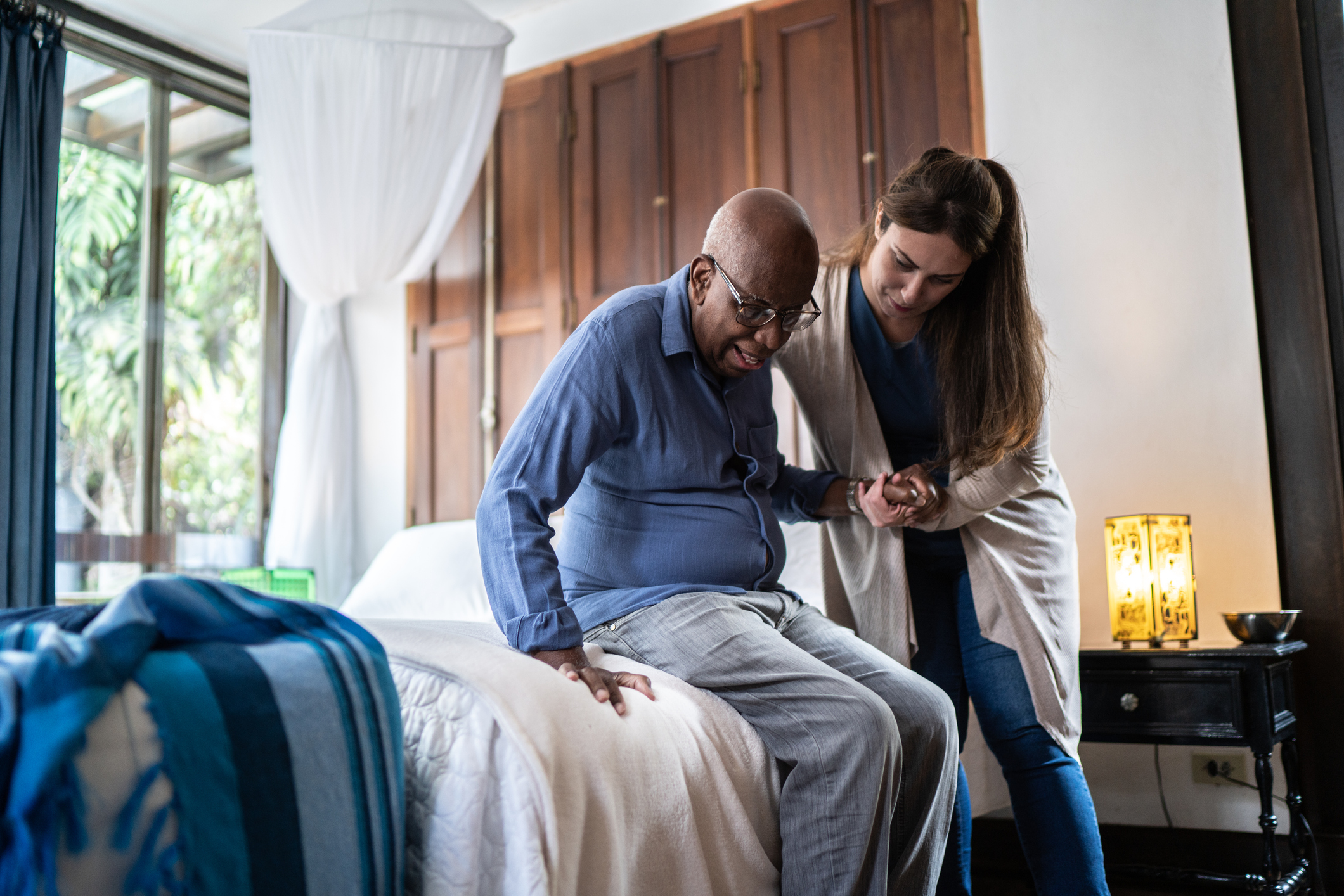Geriatric Care broadly refers to caring for and coordinating the needs of older adults. If one or more serious conditions negatively impact a patient’s quality of life, specialized patient-centered geriatric medical care should be considered.
When is geriatric care needed?
Functional disability is common in older adults. It is often episodic and is associated with a high risk of subsequent health decline. The severity of disability is determined by (1) physical impairments caused by medical conditions such as cardiopulmonary diseases, neurologic conditions, diabetes, cancer, obesity, dementia, vision and hearing disorders, and fractures, and (2) by external factors such as social support, financial support, and the environment.


